The Nest app, once the elegant control center for what many considered the most beautiful smart home products ever made, is officially living on borrowed time. Google’s latest moves make it clear we're witnessing the final chapter of Nest as we knew it—and the transformation is accelerating faster than most users realize. The writing is on the wall.
The evidence is everywhere if you know where to look. Google Home 3.41 contains glimpses of a "redesigned app" featuring the new Google Home Speaker alongside updated 2K Nest Cams. At the same time, Nest Aware is being rebranded to "Google Home Premium." This is not just another routine update. It is Google systematically erasing Nest’s independent identity and folding it into the company’s broader AI ambitions.
What is unfolding goes beyond corporate rebranding. Google is reimagining how we interact with our connected homes, powered by Gemini AI and a unified app experience that aims to make the original Nest app obsolete. For the millions who loved Nest’s thoughtful design and robust features, the shift is a trade: ambitious vision on one side, inevitable sacrifices on the other.
The new Google Home experience takes shape
Google’s future for smart home control is getting clearer with each app update, and it is built around conversation rather than navigation. The upcoming Google Home app redesign reveals a prominent search bar for "Ask Home," which functions as a conversational chatbot for controlling your smart home. Instead of hunting through tiles and menus, you can just tell your home what you want.
This Ask Home feature appears to be independent of Android’s Gemini assistant, though both are powered by similar AI models. Keeping your smart home interactions separate from your broader phone assistant should help with privacy and performance, and it lets Google tightly shape the experience.
The interface mirrors that AI-first philosophy. Categories for Cameras, Lighting, and Wifi have been condensed. The Home or Away switcher now sits inside the search field next to a streamlined plus button for adding devices and routines. The result: cleaner, less cluttered, and nudging you toward asking instead of tapping.
Automation is leveling up to match the conversational control. Google Home’s automation editor now supports multiple conditions and one-time automations. Consider this setup: lock the door when the doorbell camera spots an unregistered face, but only if no one is home on a weekday during working hours. That is a leap from simple if-then triggers to context that actually feels smart.
Hardware gets the "Google Home" treatment
The rebrand is not just software. The upcoming smart speaker will be called simply "Google Home Speaker," a return to the original Google Home name after years of Nest branding. It signals one umbrella for the whole lineup—tighter integration, one story.
The new hardware is being “engineered for Gemini,” and it is not just a tagline. The Google Home Speaker featuring 360 audio and updated Nest Cams offering 2K video quality are positioned to take advantage of AI capabilities. More significantly, Gemini is replacing Google Assistant as the default voice assistant, with "even more natural conversations with Gemini Live" and answers that go beyond simple commands.
AI shows up in security, too. Features now include detailed AI event descriptions, notifications, and daily summaries of home activity. Instead of a vague motion ping, you might see, "The delivery driver spent 30 seconds at your door this afternoon, and your cat knocked over the plant pot around 2 PM." It's specific, contextual, and actually useful.
What this means for existing Nest users
For longtime Nest users, the transition mixes upgrades with real frustrations. On the plus side, Google has updated the Google Home app with improved camera features including better notifications, preview snapshots, and more reliable live playback. Enhanced video history and timeline reviews make it easier to scrub recordings with seek buttons and tap navigation. Longstanding complaints get some relief.
But the pain points are obvious. Users who migrate their Nest cameras to the Google Home app lose several important features including time lapses, safety clips, supersight close-up tracking, and the ability to change Wi-Fi networks without factory resetting devices. Those are not edge cases, they are daily tools for many.
The frustration is strong enough that some users are looking for alternatives like UniFi cameras rather than accept reduced functionality. It echoes a familiar pattern, when users of the old Google Wi-Fi app were forced to switch to Google Home, they lost features during the transition. That's the play: short-term friction for long-term consolidation.
The last big piece, the Nest Protect smoke detector. Google says it will finally transition to the Google Home app. Once that migration lands, Google can sunset the original Nest app, closing a chapter that started when Google acquired Nest Labs for $3.2 billion in 2014.
The end of an era, the start of something new
This is more than housekeeping, it is a bet that AI-powered homes are the next phase of connected living. The original Nest Learning Thermostat was introduced in 2011 and reset expectations with elegant simplicity and real intelligence. A decade on, Google is aiming for an ecosystem where Gemini multimodal models help cameras understand what they see and hear to highlight what is truly important.
The competitive stakes are obvious. Google Assistant has had some trouble for smart home control compared to Alexa or Siri, which makes the Gemini shift critical if Google wants to reclaim leadership. Pair that with enhanced automation capabilities, and the pitch is clear, an assistant that understands context rather than just barking back commands.
For users stuck in the middle, the direction is unmistakable, lean into Google’s AI-powered vision or get left behind. While the Nest app will remain in maintenance mode indefinitely, all new energy is going to the Home app. The company that once vowed to preserve Nest’s elegant simplicity is absorbing it into Google’s broader AI ecosystem, future capability over current satisfaction.
The question is whether it can recapture what made Nest special. The original devices solved real problems with thoughtful design and quiet intelligence, they became the gold standard for smart home elegance. Google’s new approach promises more capability and deeper integration, and yes, some complexity that feels very Google.
What is undeniable is this: the era of Nest as an independent platform is over, and the age of AI-powered Google Home has begun. The next chapter will show whether conversational, intelligent home control can match the intuitive charm of the products that kicked off this smart home revolution. Now we'll see if Google’s AI-first approach can deliver on the promise Nest showed more than a decade ago.




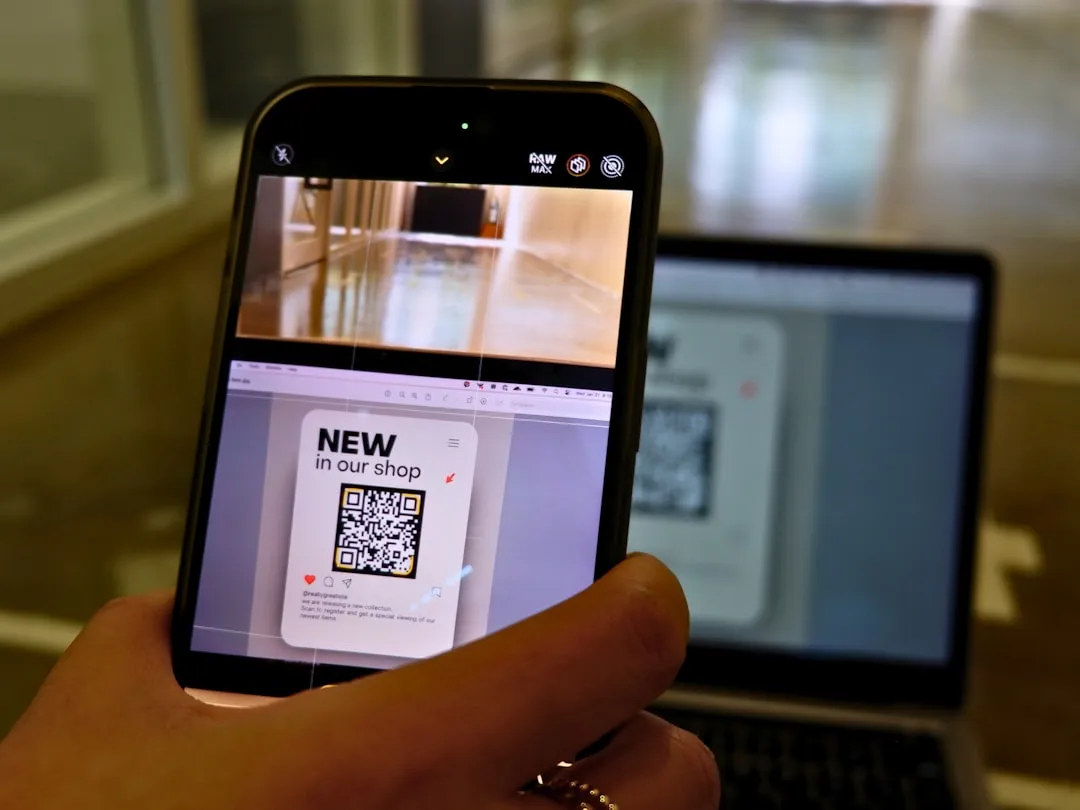
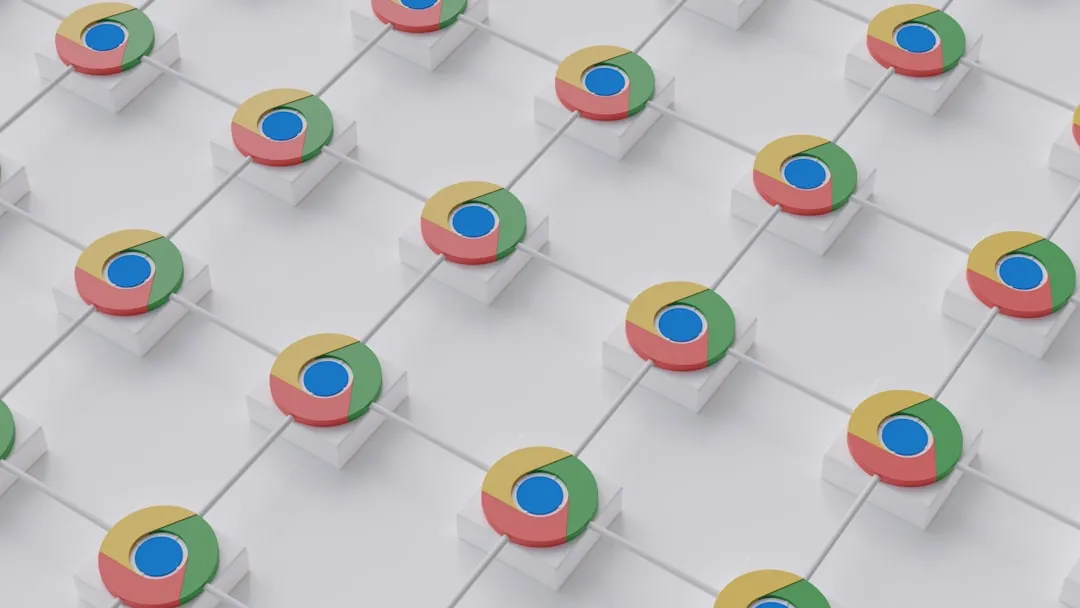
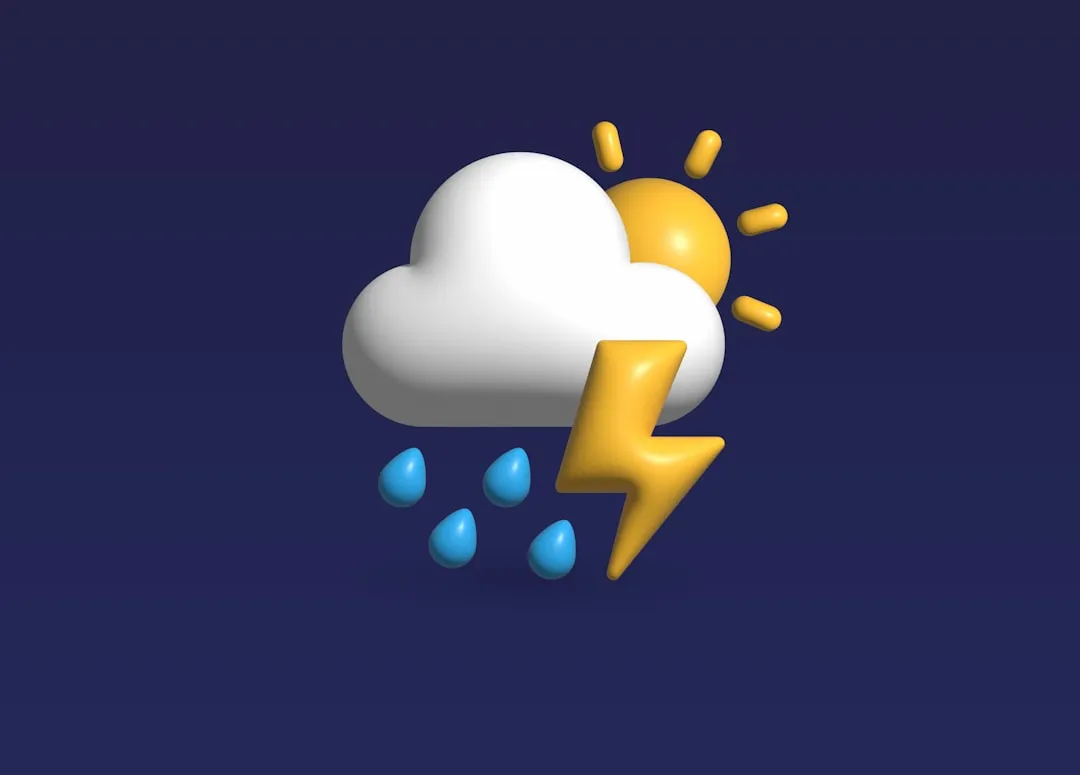
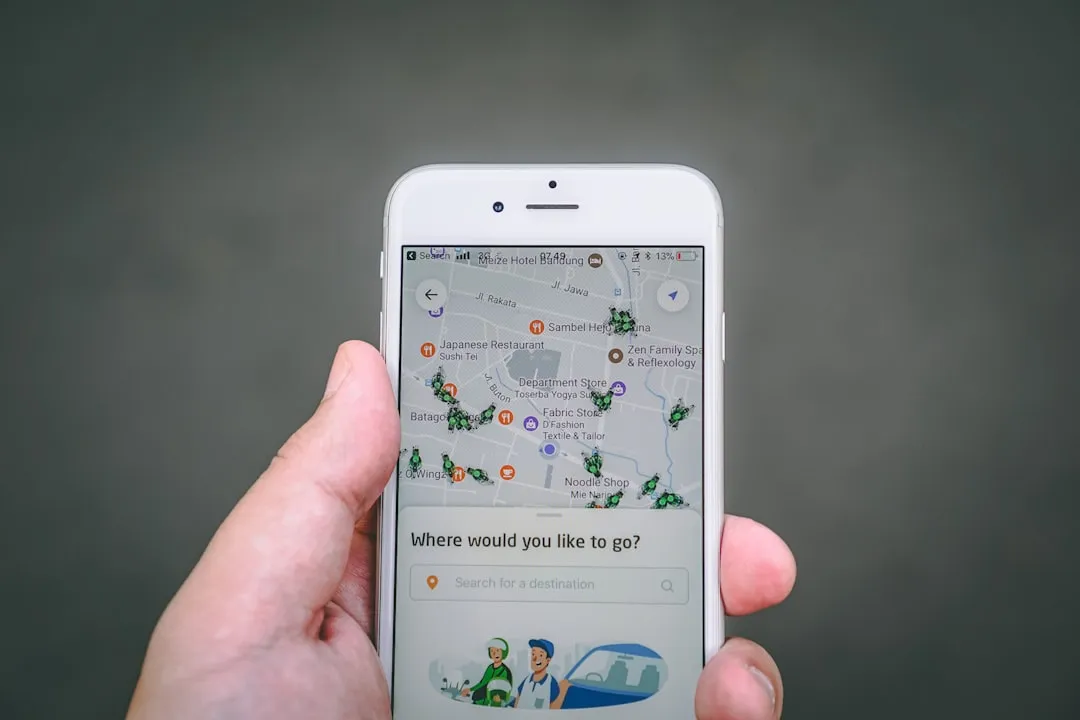
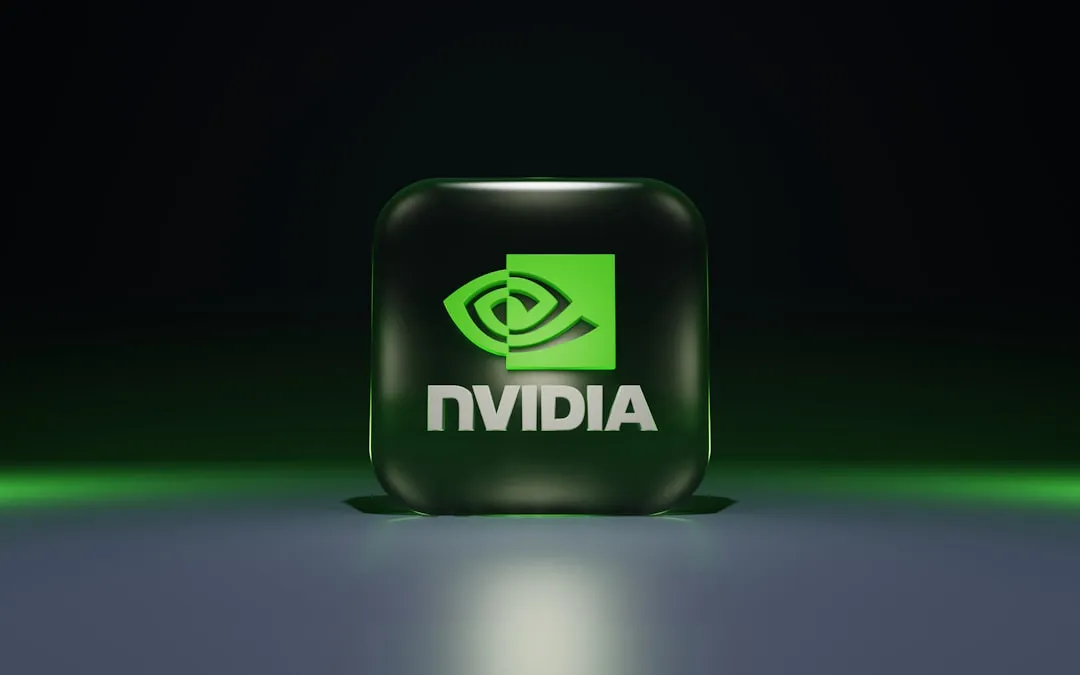


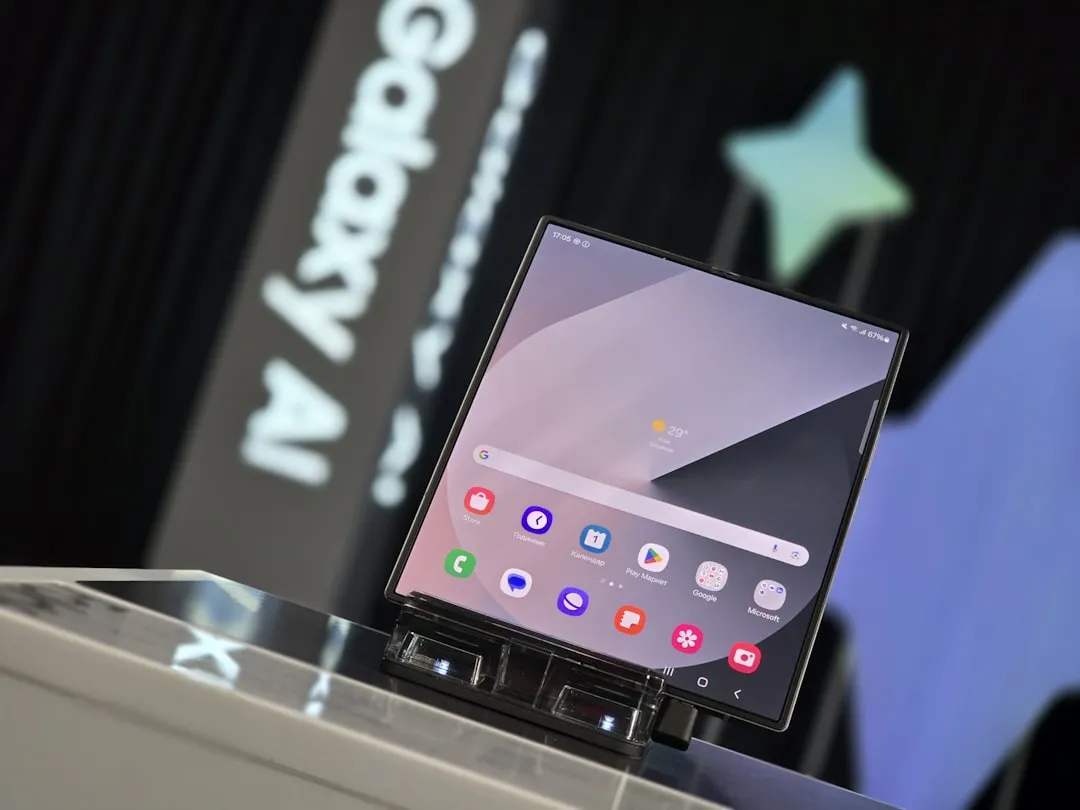



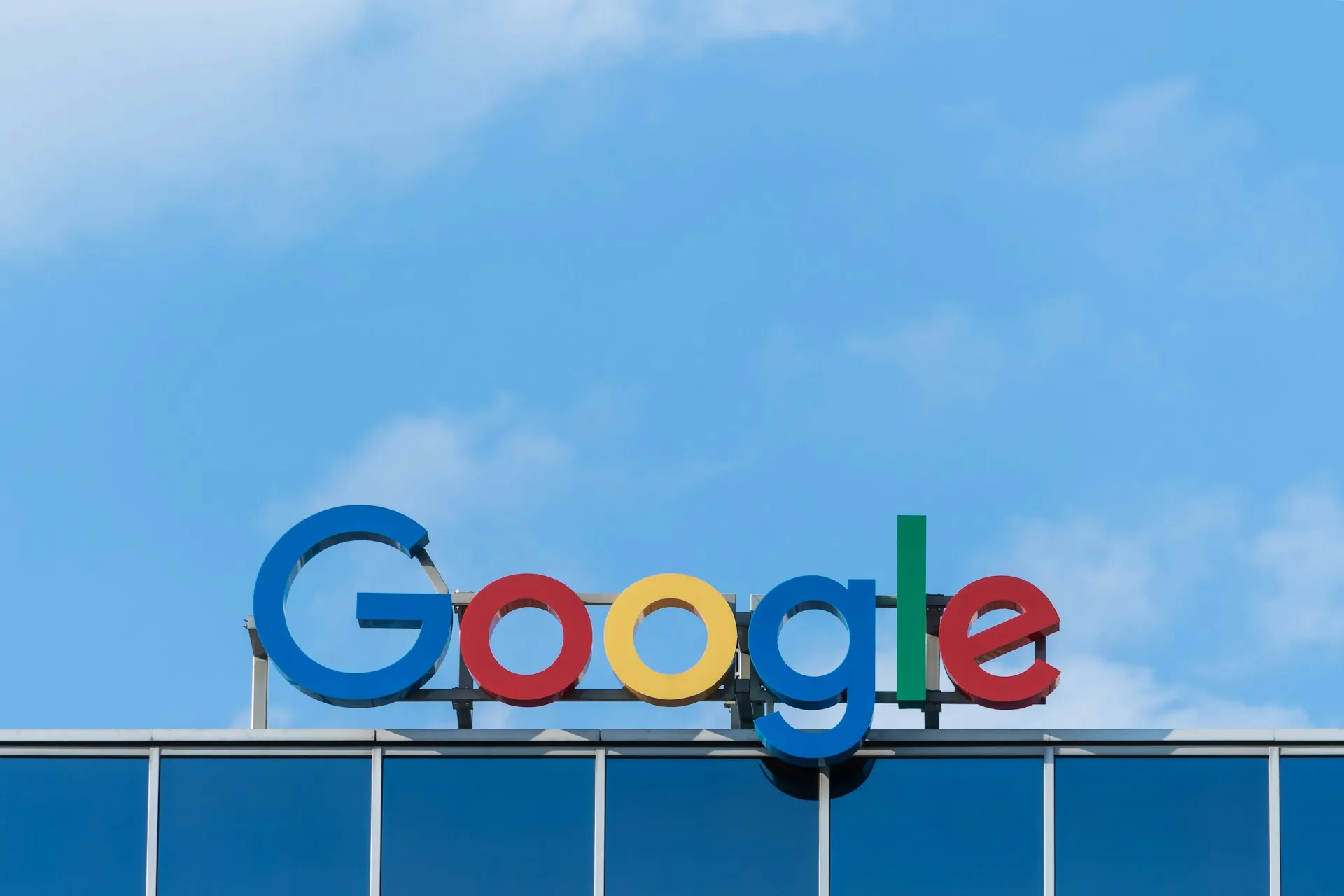





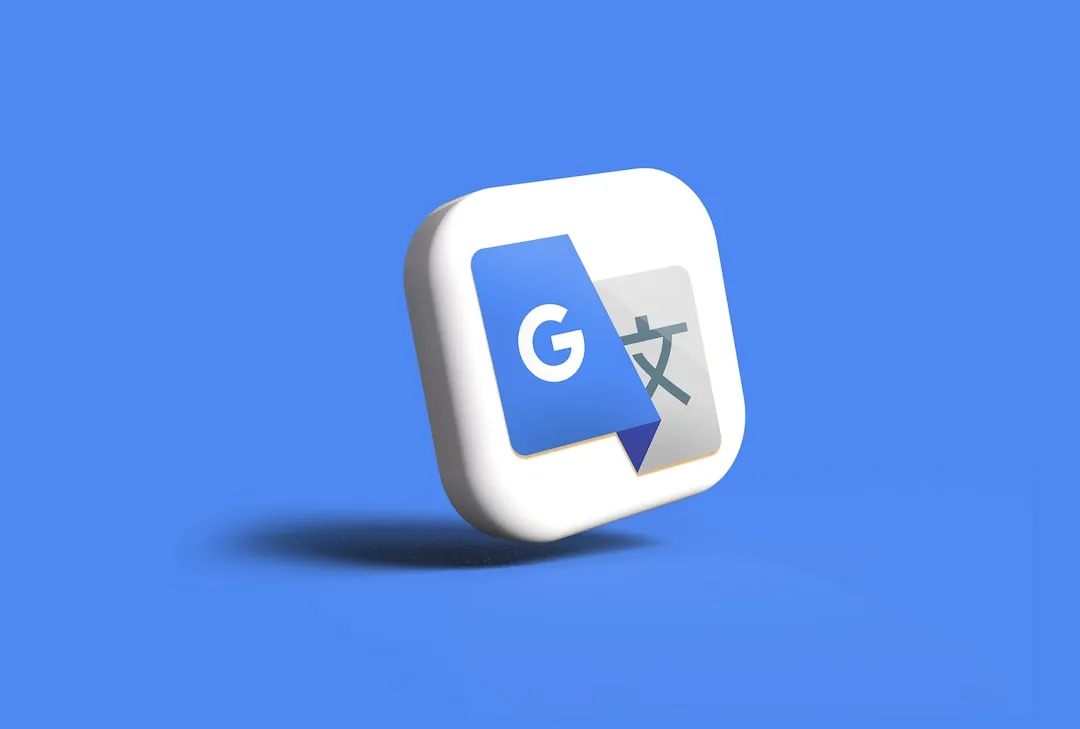

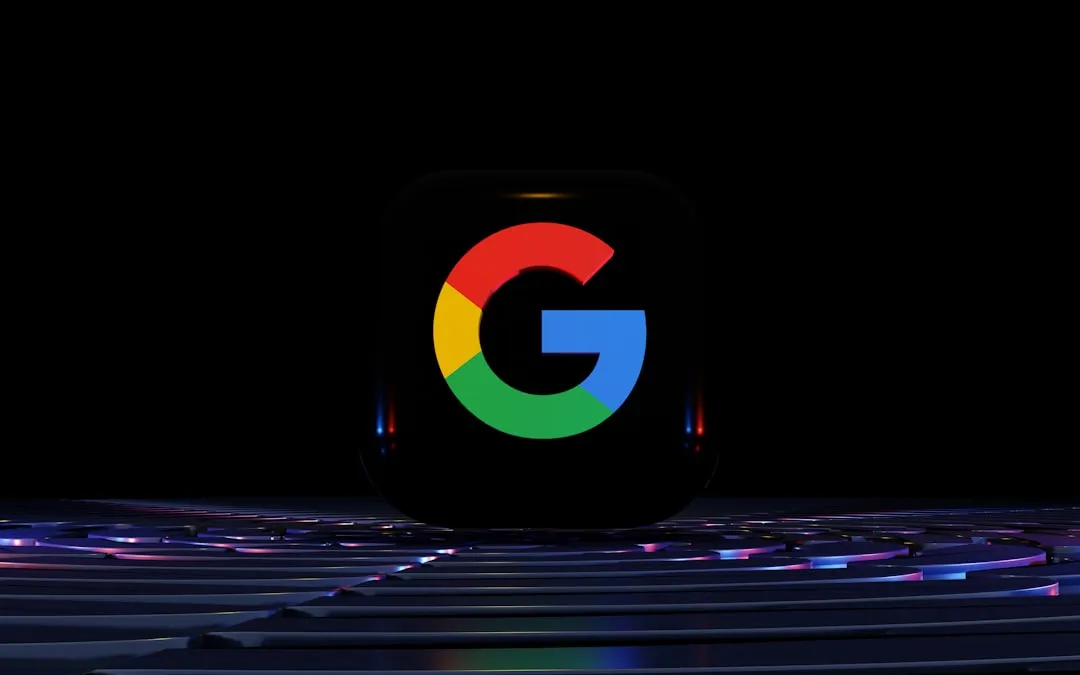
Comments
Be the first, drop a comment!